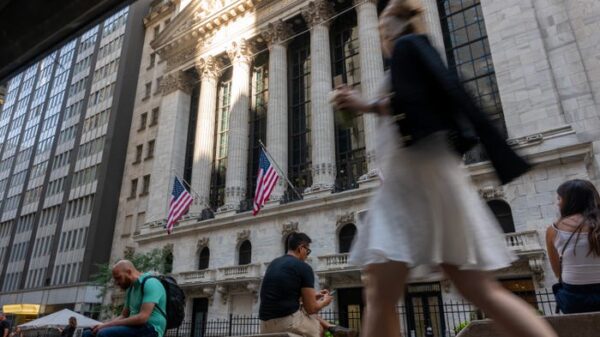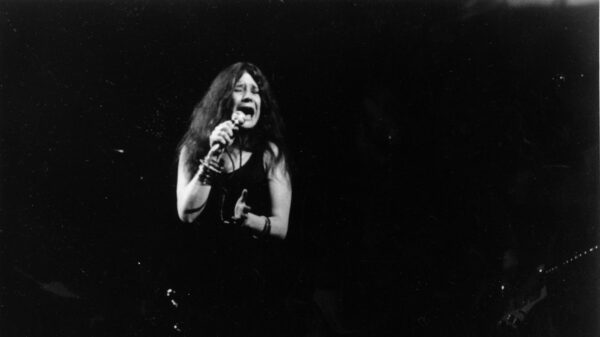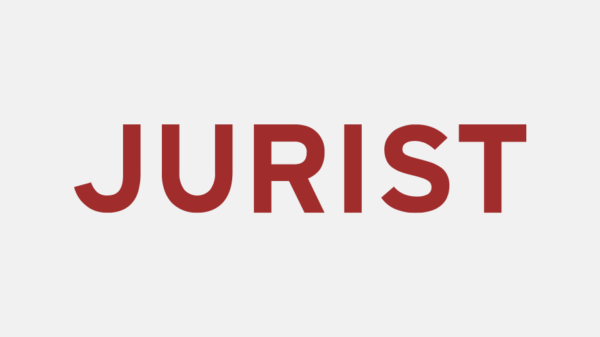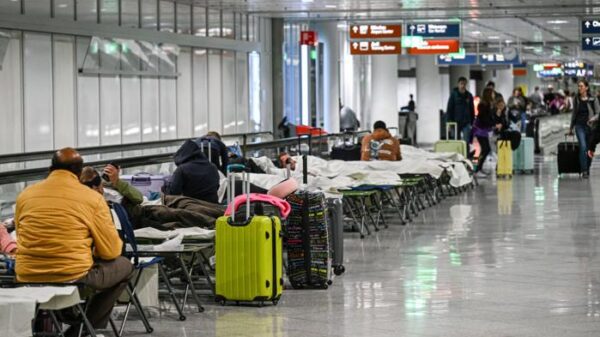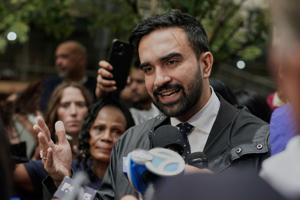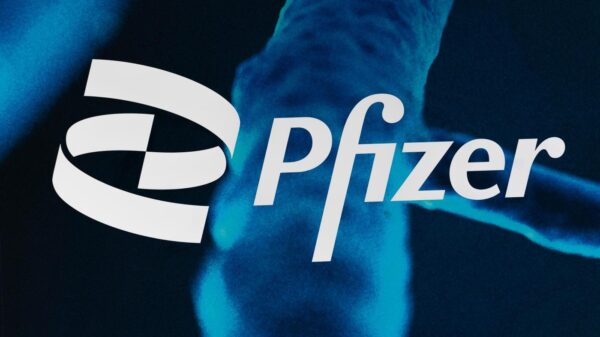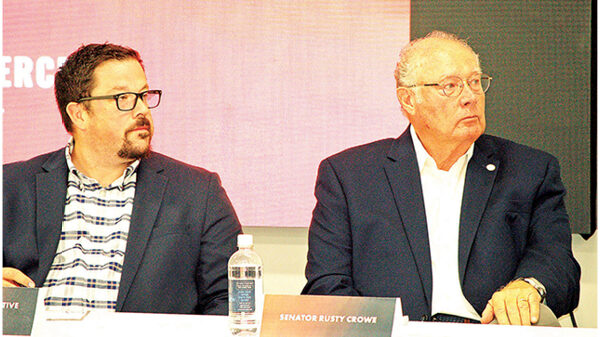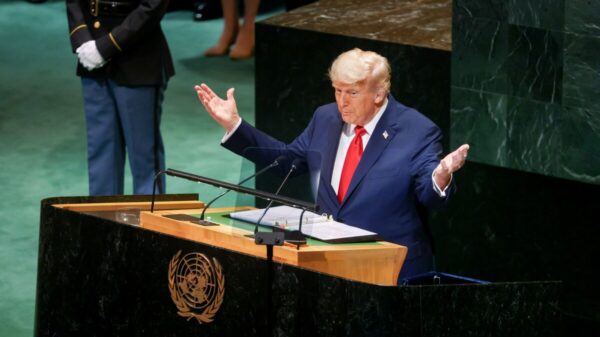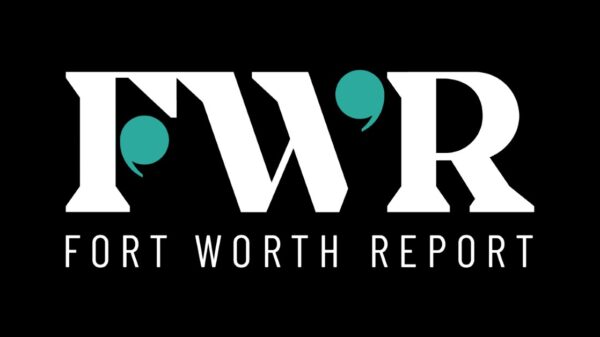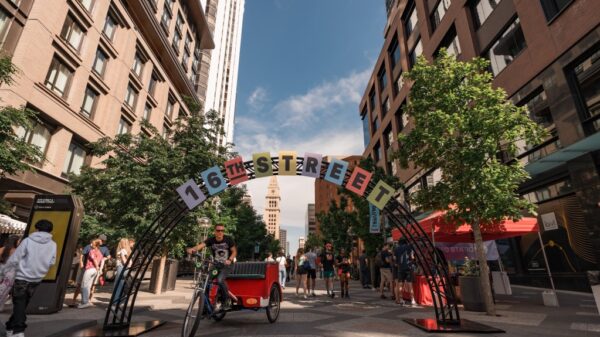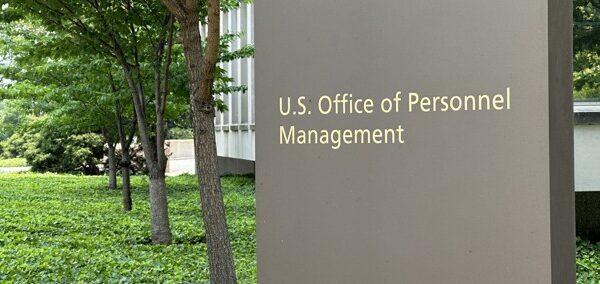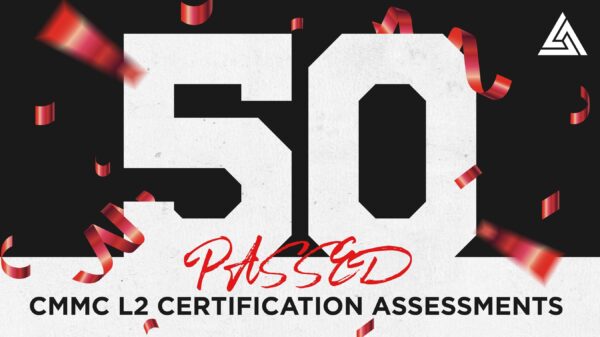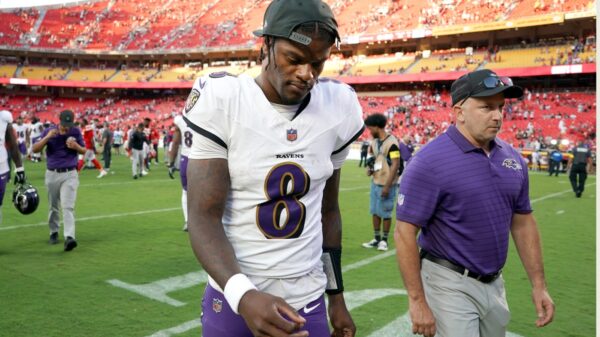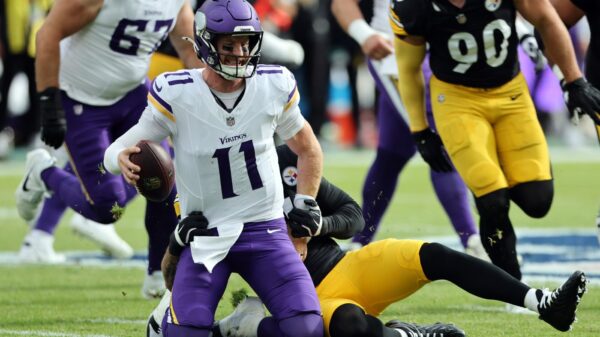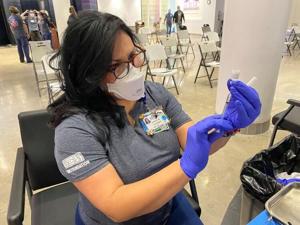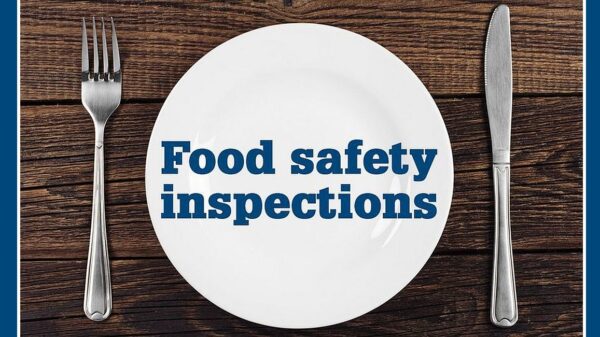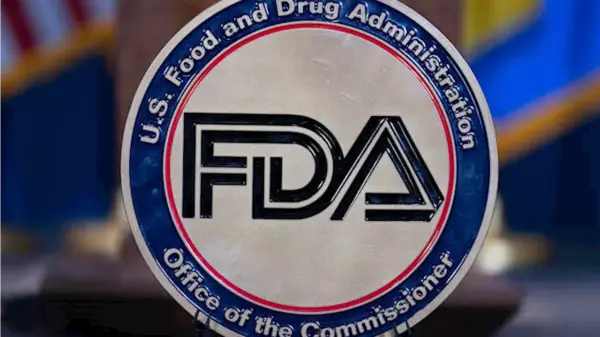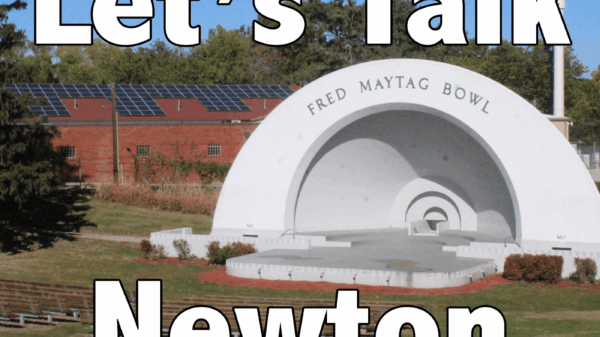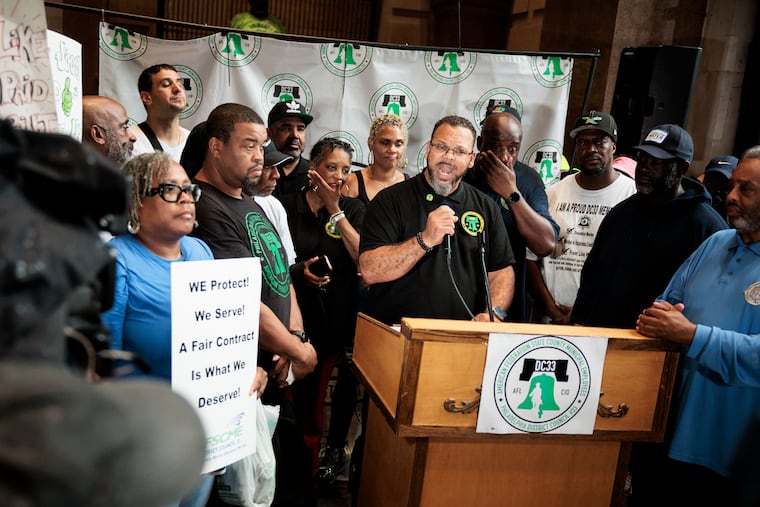The Philadelphia city worker strike of 2025 has officially begun, marking a significant standoff between municipal employees and city officials. Greg Boulware, president of District Council 33 of the American Federation of State, County and Municipal Employees, announced an immediate and indefinite work stoppage for over 9,000 municipal employees after contract negotiations with Mayor Cherelle L. Parker’s administration collapsed late Monday night.
The announcement, made at midnight to an applauding negotiating team at the Community College of Philadelphia’s Career and Advanced Technology Center in West Philadelphia, signals a critical juncture in labor relations within the city. “We’re officially on strike due to the fact that we could not reach terms that we felt were adequate for our members to move forward,” Boulware stated in an interview.
City’s Legal Maneuver and Response
As Boulware exited the building, City Solicitor Renee Garcia served him with an injunction, seeking a court order for certain Philadelphia Water Department employees to return to work. The injunction, filed early Tuesday, underscores the city’s need to maintain essential services, specifically the provision of clean drinking water and wastewater treatment.
Mayor Parker expressed disappointment over the union’s rejection of the city’s final contract proposal. “It was our best offer, our final offer, and we did the best that we could,” Parker said. Despite the setback, she emphasized the city’s readiness to continue negotiations, while ensuring that essential city services remain operational.
Historical Context and Impact
Boulware’s decision initiates the first major strike of city workers since the 1986 DC 33 “trash strike,” which resulted in garbage accumulation across the city during a three-week shutdown. This year’s strike is expected to similarly disrupt services, including trash collection and public pool operations, and could extend wait times at emergency call centers, particularly as Philadelphia prepares for its July Fourth celebrations.
“Trash collection will stop Tuesday. Some public pools will be shut down. Emergency 911 call center wait times are likely to lengthen.”
The strike highlights ongoing tensions over pay raises, with Boulware advocating for significant increases for his members, who earn an average annual salary of $46,000. The union has historically been the lowest-paid among Philadelphia’s four major municipal unions, with a majority of its members being Black.
Negotiation Breakdown
The final negotiations, held Monday night, saw both sides making concessions. The city initially proposed a four-year contract with 2% annual raises, later increasing the offer to a three-year deal with raises of 2.75%, 3%, and 3%, along with an additional pay scale step for long-term employees. Boulware, who started with a demand for 8% annual raises, reduced his final offer to 5%.
Despite these movements, the union’s decision to strike immediately after the contract expiration marks a bold strategy, contrasting with past practices where city workers continued under expired contracts while negotiations proceeded.
Strategic Implications and Future Prospects
Boulware’s leadership, following a contentious union election, has been characterized by a strong push for transformative raises, reflecting broader economic pressures and the rising cost of living in Philadelphia. His stance is supported by a recent strike authorization vote, which he claims had 95% backing from DC 33 members.
Mayor Parker’s approach to negotiations, including a one-year extension of previous contracts with a significant pay raise, suggests a strategic attempt to manage municipal labor relations during her first term. Her administration’s offer, combined with last year’s 5% raise, represents the largest cumulative increase offered to the union in over three decades.
“Her current offer and last year’s 5% amount to around 13% in raises over her first four years.”
With the unions for police and firefighters bound by state laws prohibiting strikes, their contracts will be settled through binding interest arbitration. Meanwhile, District Council 47, representing white-collar city workers, has extended its contract to continue negotiations, leaving its response to DC 33’s strike uncertain.
As the strike unfolds, Mayor Parker reassures that public safety will not be compromised, with plans to reassign non-striking workers to critical positions. The city remains hopeful for a resolution, but the path forward will require careful navigation of complex labor dynamics and economic realities.


